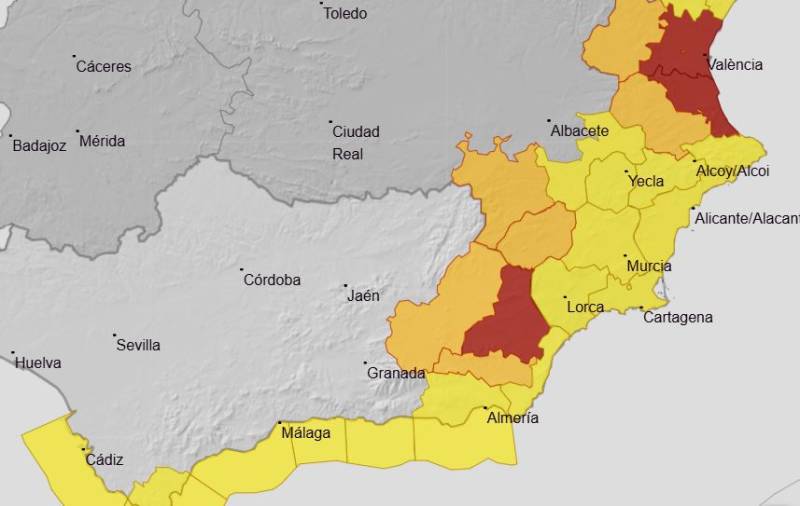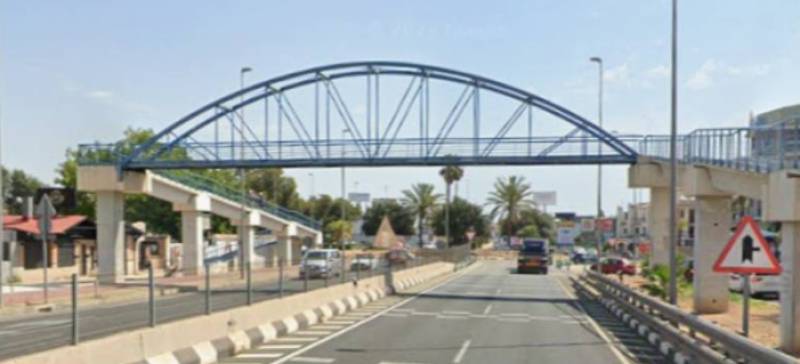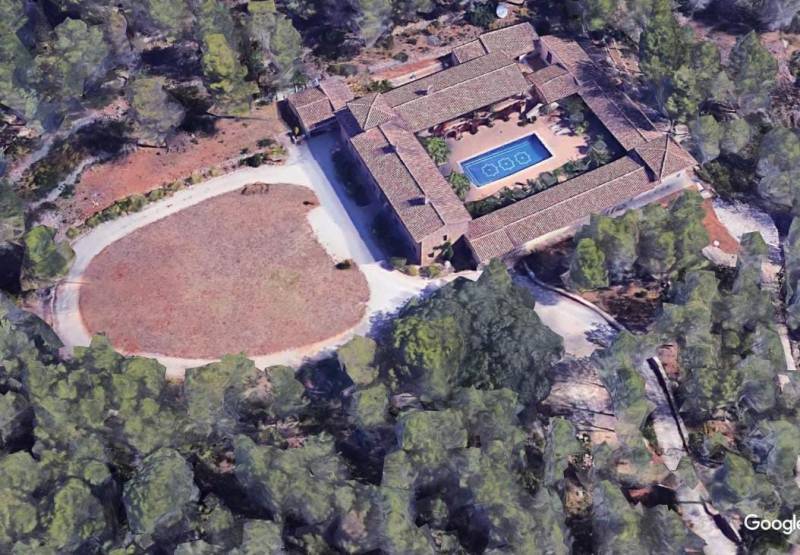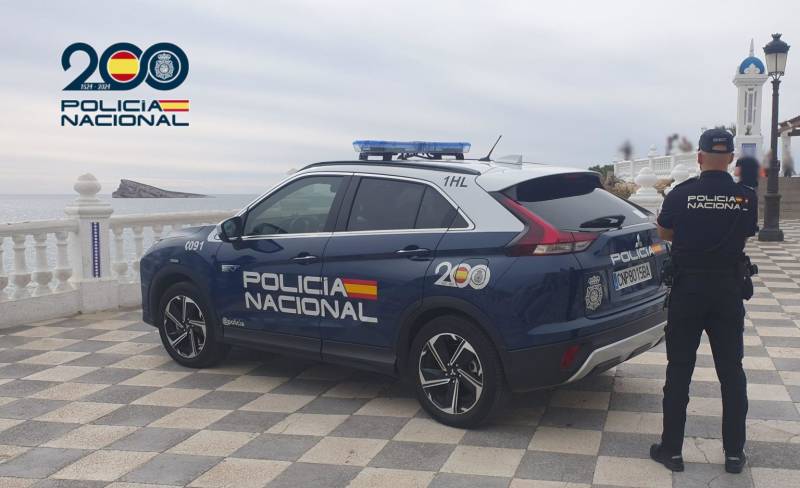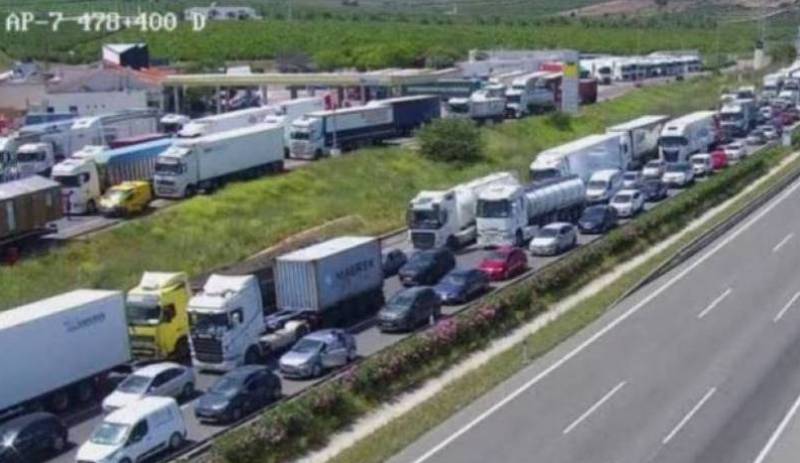- Region
- Vega baja
- Marina Alta
- Marina Baixa
- Alicante
- Baix Vinalopo
- Alto & Mitja Vinalopo
-
ALL TOWNS
- ALICANTE TOWNS
- Albatera
- Alfaz Del Pi
- Alicante City
- Alcoy
- Almoradi
- Benitatxell
- Bigastro
- Benferri
- Benidorm
- Calosa de Segura
- Calpe
- Catral
- Costa Blanca
- Cox
- Daya Vieja
- Denia
- Elche
- Elda
- Granja de Rocamora
- Guardamar del Segura
- Jacarilla
- Los Montesinos
- Orihuela
- Pedreguer
- Pilar de Horadada
- Playa Flamenca
- Quesada
- Rafal
- Redovan
- Rojales
- San Isidro
- Torrevieja
- Comunidad Valenciana
article_detail
Date Published: 09/06/2022
ARCHIVED - Second monkeypox case confirmed in Alicante as the figure reaches 225 in Spain
A third case has been detected in the province of Valencia, bringing the total to three on the Costa Blanca
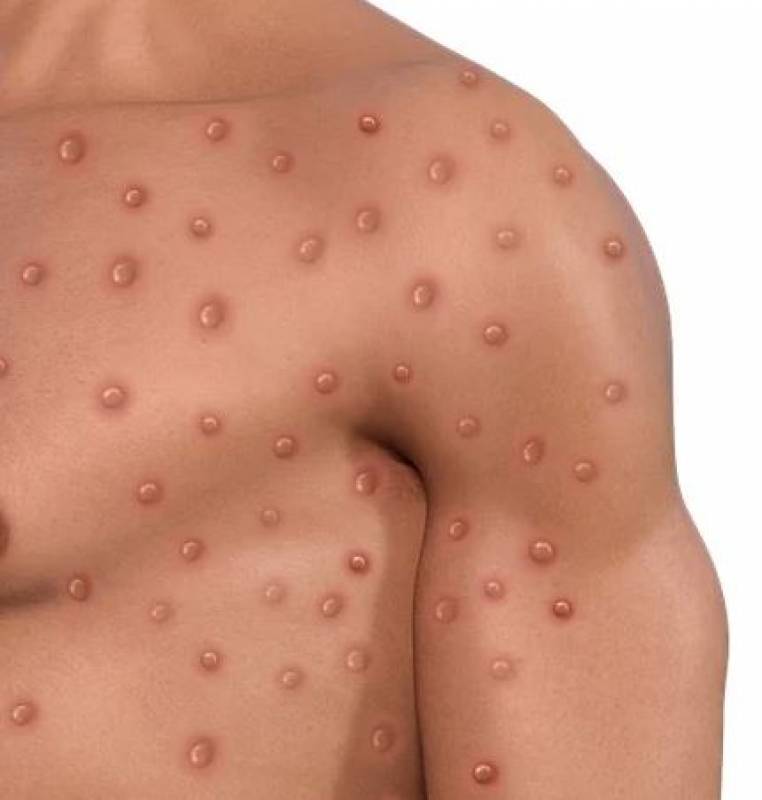
As the number of monkeypox cases rises to 225 in Spain, a second diagnosis has been confirmed in Alicante bringing the total to three in the Valencia region.
Until now, suspected monkeypox samples were sent to the Carlos III Institute in Madrid for analysis. But as of this week, the Hospital Doctor Balmis in Alicante is carrying out PCR tests to diagnose patients rapidly and closer to home.
The hospital is now handling all suspected cases and testing samples from health centres across the province.
"The incorporation of specific PCR for monkeypox means it will be quicker to confirm because, as with Covid, we will have the results in a matter of hours," explained Esperanza Merino and Juan Carlos Rodríguez, heads of the Infectious Diseases Unit and the Microbiology Service at Doctor Balmis.
Previously it took up to six days to get results from Madrid.
In addition to Doctor Balmis, the Hospital General de Valencia has also been designated as a reference centre for the provinces of Valencia and Castellón.
Also read: First monkeypox vaccines arrive in Spain
The technique for diagnosing monkeypox is similar to the PCRs used for Covid, "only with other reagents," explained Merino and Rodríguez. In the case of monkeypox, the sample is taken from the patient's gall bladder.
Symptoms include fever, vesicular lesions and swollen glands, and the Ministry of Health protocol states that if a patient demonstrates mild symptoms and doesn't require hospitalisation, they must remain totally isolated from contact with other people and domestic animals "until skin wounds disappear".
Close contacts don't have to be quarantined, but should wear a mask and reduce social interaction as much as possible.
Spain's Ministry of Health reported on Tuesday June 7 that the Carlos III Health Institute has confirmed 225 cases of monkeypox to date, following an increase of 27 in just 24 hours.
It has also stressed that monkeypox is not a disease limited to homsexual men, adding that "it is not exclusive to any group, we can all be infected by close contact and in the transmission conditions that we all know", that is, through bodily fluids.
Globally, the director general of the World Health Organisation (WHO), Tedros Adhanom Ghebreyesus, told a press conference on Wednesday June 8 that more than 1,000 cases of monkeypox have already been confirmed in 29 non-endemic countries and warned that in some areas there is already community transmission.
Image: Archive
staff.inc.ali
Loading
Sign up for the Spanish News Today Editors Roundup Weekly Bulletin and get an email with all the week’s news straight to your inbox
Special offer: Subscribe now for 25% off (36.95 euros for 48 Bulletins)
OR
you can sign up to our FREE weekly roundup!
Read some of our recent bulletins:
Discount Special Offer subscription:
36.95€ for 48 Editor’s Weekly News Roundup bulletins!
Please CLICK THE BUTTON to subscribe.
(List price 3 months 12 Bulletins)
Read more stories from around Spain:
Contact Murcia Today: Editorial 000 000 000 /
Office 000 000 000











